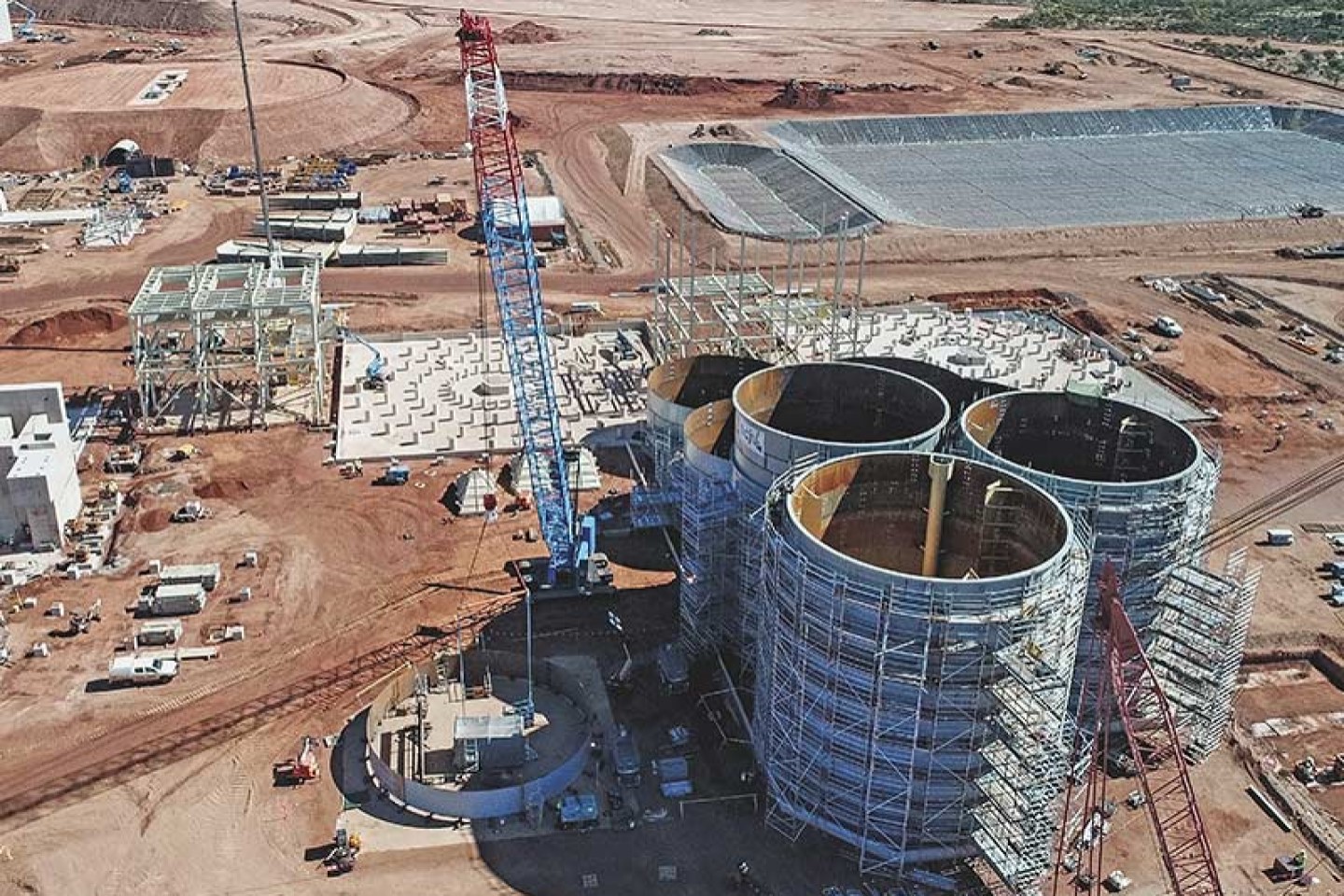
Albemarle Corporation hopes to build a 73MW power station at its proposed Kemerton lithium refinery in WA, replacing an original plan to source power from the South West grid.
The chemical manufacturing company is proposing a series of gas-powered generators within the 84-hectare development site at Kemerton, northeast of Bunbury, where it will process spodumene (lithium) ore from the nearby Greenbushes mine.
Albemarle indicated the changes to the Kemerton plant in a revised proposal submitted to the Environmental Protection Authority, as well as in a greenhouse gas management plan.
The proposed power station is designed to have a peak output of 69MW from gas generators, while the remaining 4MW capacity will come from diesel.
The latter is intended to operate during start-up or maintenance of the gas generators.
The station will initially generate 32MW while the Kemerton refinery operates at a moderate throughput, after which it will be expanded as the production rate and power demand increases.
Albemarle claims a standalone station is a more “environmentally friendly” option than sourcing power from the South West Interconnected System (SWIS) as per its original plan.
The company also said the power station was more likely to be economically viable than the SWIS, having referenced the requirement for “ongoing major capital investment” from operator Western Power.
The Environmental Protection Authority has assessed the changes to the Kemerton proposal and concluded there are no new environmental factors impacting its original assessment (completed in June 2018).
The revised proposal also includes a reduction in the already authorised land clearing, from 54ha to 49ha, which results in a reduced development envelope, from 89ha to 84ha.
However, the EPA has recommended Albemarle limit its greenhouse gas emissions throughout the Kemerton operation, as well as counterbalance its impact on cockatoo habitat (as a result of land clearing) through an offset plan, to be submitted within the next 12 months.
The Kemerton plant will initially consist of two production trains with a combined capacity of 40,000 tonnes each year.
Site work on the project was completed by Henderson-based Civmec in June.
Construction is continuing, with first lithium hydroxide samples expected before the end of 2021.








